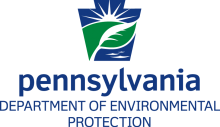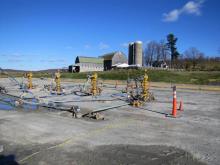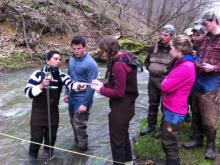DEP Announces the Members of the Oil and Gas Technical Advisory Board (TAB)
HARRISBURG -- The Department of Environmental Protection (DEP) today announced the members of the Oil and Gas Technical Advisory Board (TAB). TAB’s mission is to increase transparency and communication about regulating the unconventional oil and gas drilling industry. TAB is authorized under the 2012 Oil and Gas Act to advise DEP in the formulation, drafting, and presentation stages of all regulations relating to unconventional oil and gas extraction.


